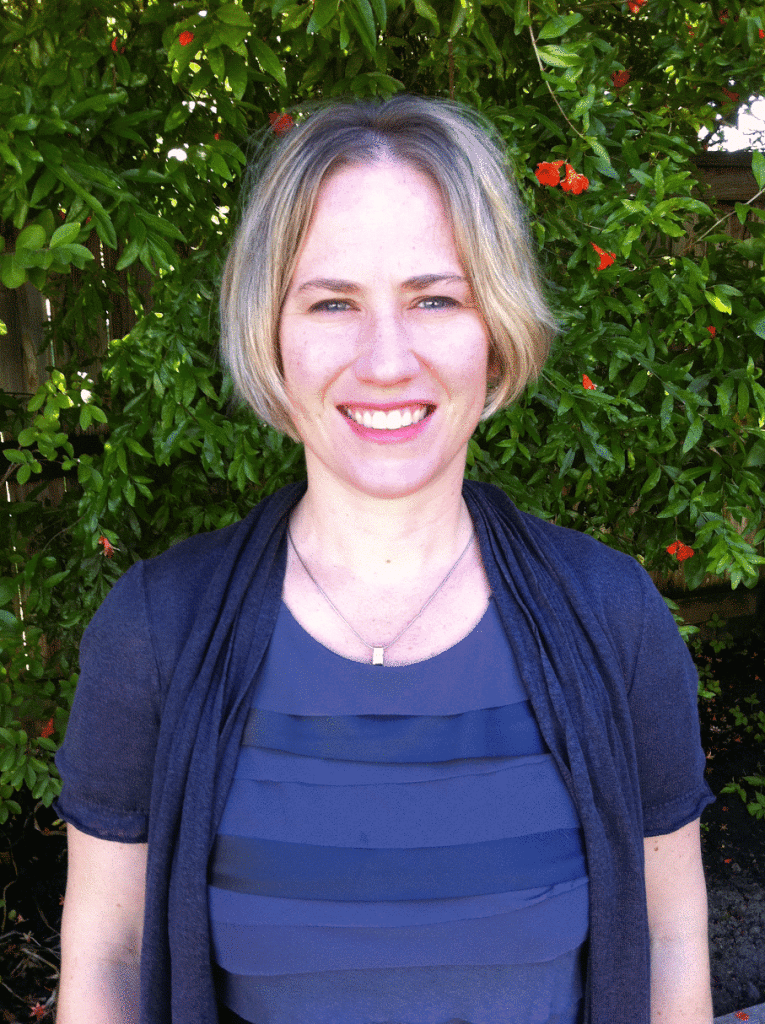Podcast: Play in new window | Download
Subscribe: Apple Podcasts | RSS
Dr. Maria Marco is an Associate Professor in The Department of Food Science & Technology at The University of California, Davis. She received her BS at The Pennsylvania State University and her PhD in Microbiology at the University of California, Berkeley. She went on to work as a postdoc and then as a project scientist at NIZO food research and TI Food & Nutrition in The Netherlands before accepting a faculty position at UC, Davis where she is today. Maria is with us today to tell us all about her journey through life and science.
People Behind the Science Podcast Show Notes
Life Outside of Science (01:55)
Maria likes to go for camping and backpacking with her family in the Sierra Mountains in California. She has also spends her free time jogging, doing yoga, and watching her two sons play soccer.
The Scientific Side (03:30)
Research in Maria’s lab focuses on understanding the good bacteria in the food that we eat. People tend to only think of the bacteria that can make us sick, but there are a lot of useful microbes in foods like yogurt and sauerkraut. Maria tries to identify the bacteria that are present in food and understand how they help change our food and contribute to our health.
A Dose of Motivation (04:45)
“It’s easier to ask forgiveness than it is to get permission.”- Grace Murray Hopper
What Got You Hooked on Science? (06:47)
In high school, Maria enjoyed her biology classes. However, it wasn’t until she worked in the lab of a fantastic female scientist in college that she decided to pursue a career in scientific research. While there, Maria began conducting research on microbes and got a sense of what it would take to be a scientist herself.
The Low Points: Failures and Challenges (17:10)
In graduate school, Maria couldn’t get what she thought was a simple, straightforward project to work. She struggled with it for two years before she was finally able to get the experiments running smoothly. During this process, Maria learned a lot about perseverance, solving problems, and how to be a good scientist. Support from her advisor and friends was critical for helping her get through this difficult time.
A Shining Success! (20:45)
Recently, a postdoc in Maria’s lab solved a technical problem in her research that had been troubling them for weeks. They had done some troubleshooting together to talk through the problems, and it was really exciting when the postdoc came to Maria with positive results. In Maria’s lab, they usually celebrate success by going out together for lunch, dinner, or drinks.
Book Recommendations (22:30)
Learning to Walk in the Dark by Barbara Brown Taylor
Most Treasured Travel (24:40)
For the past two years, Maria has been collaborating with a group in Bulgaria. They have been studying an organism that was first isolated in Bulgaria and plays an important role in yogurt. Going to Bulgaria for the first time was a little uncomfortable because she didn’t know the language, and the country was very different from what she was used to. However, Maria really enjoyed her time there, and she learned a lot about the challenges of doing research in other parts of the world.
Quirky Traditions and Funny Memories (27:40)
Maria remembers some of the fantastic times she had as a PhD student. She and a postdoc in the lab had a lot of fun making latex glove puppets and doing other silly things when they were taking breaks from work at the bench. In her own lab, Maria promotes a spirit of fun with Halloween costume parties, white elephant holiday gift exchanges, and other great traditions.
Advice For Us All (33:15)
Embrace your failures, and love your microbes.
Guest Bio
Maria’s research is on food-associated bacteria that are important for determining food safety and quality and for making beneficial contributions to human health. A central focus of her laboratory is the study of the genetics and ecology of lactic acid bacteria and their roles in food fermentations and as probiotics. This emphasis has led to a number of research topics. One major topic is on the mechanisms by which dietary probiotic bacteria can after intestinal physiology to prevent weight gain and aberrant inflammation. These studies are also providing new perspectives on how human diets and food delivery carriers can affect probiotic efficacy. An extension of this interest is on the functions of dietary fiber in improving health through the intestinal microbiome. Other research areas of interest are the ecology of lactic acid bacteria in the context of the microbiome in plant and dairy fermentations and bacterial detection and diagnostics in foods. Dr. Marco’s activities include outreach to professional societies, industry, and the public on food and gut microbiology. She served as a Distinguished Lecturer for the American Society for Microbiology and has received student recognition for her courses on food microbiology taught at UC Davis.

This was a great interview, thanks for sharing!